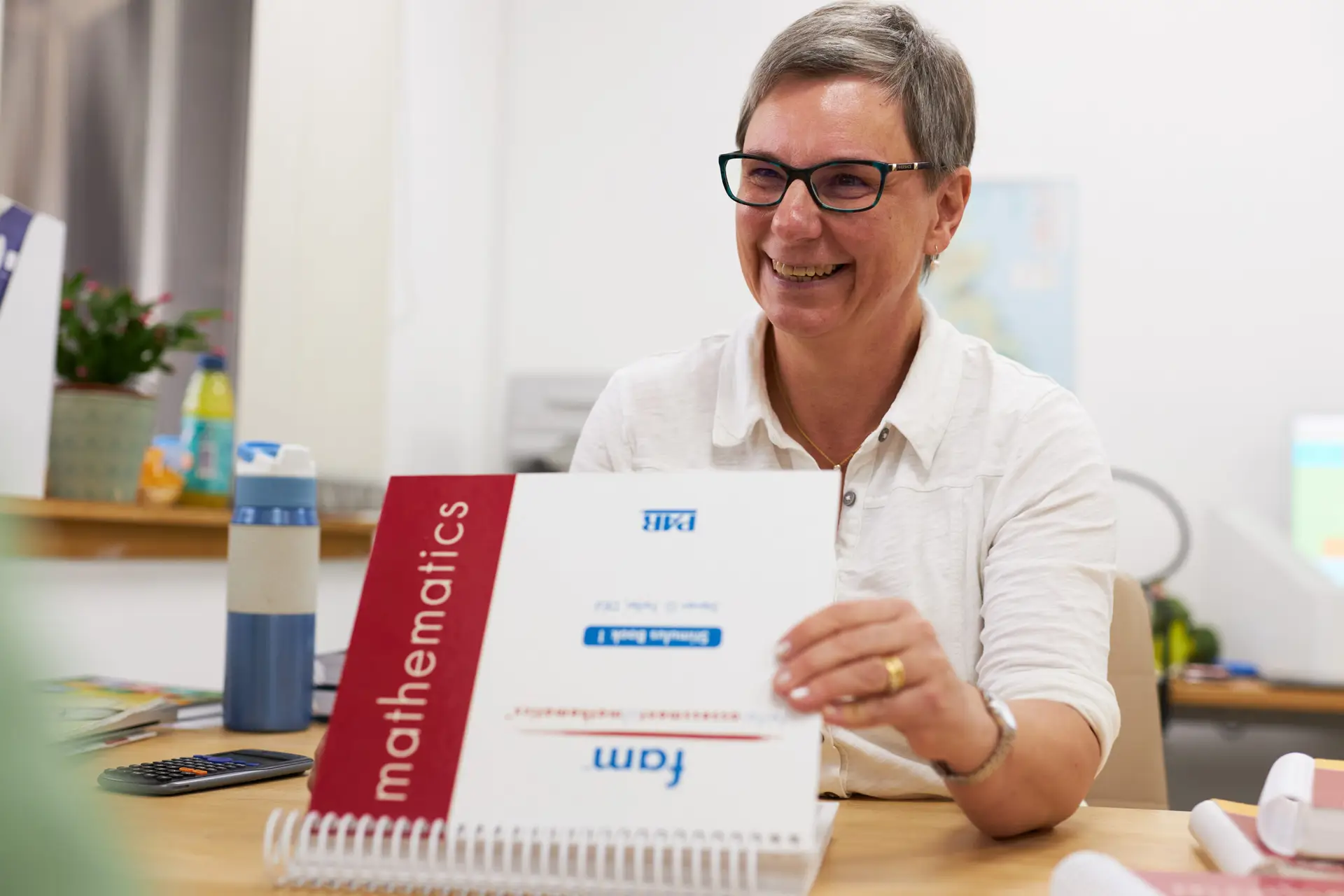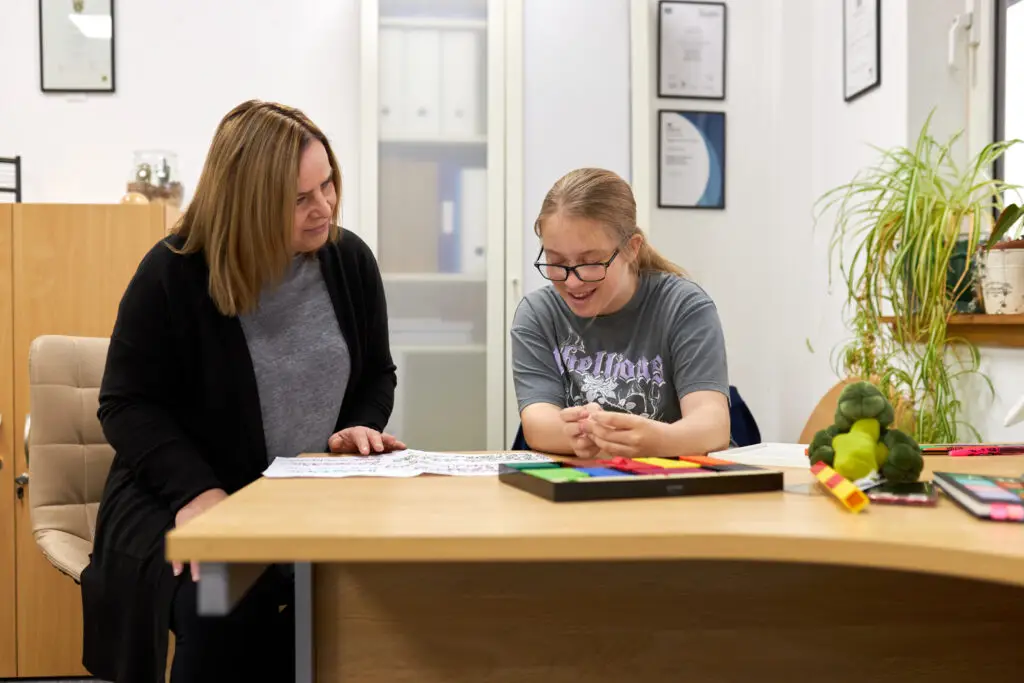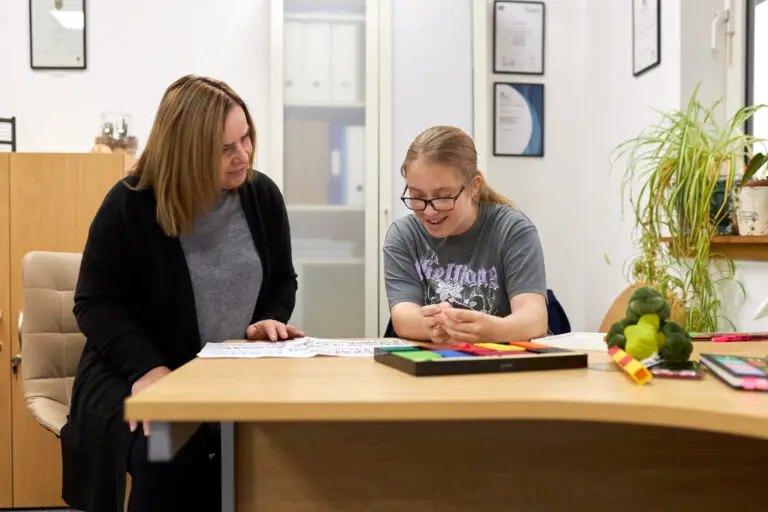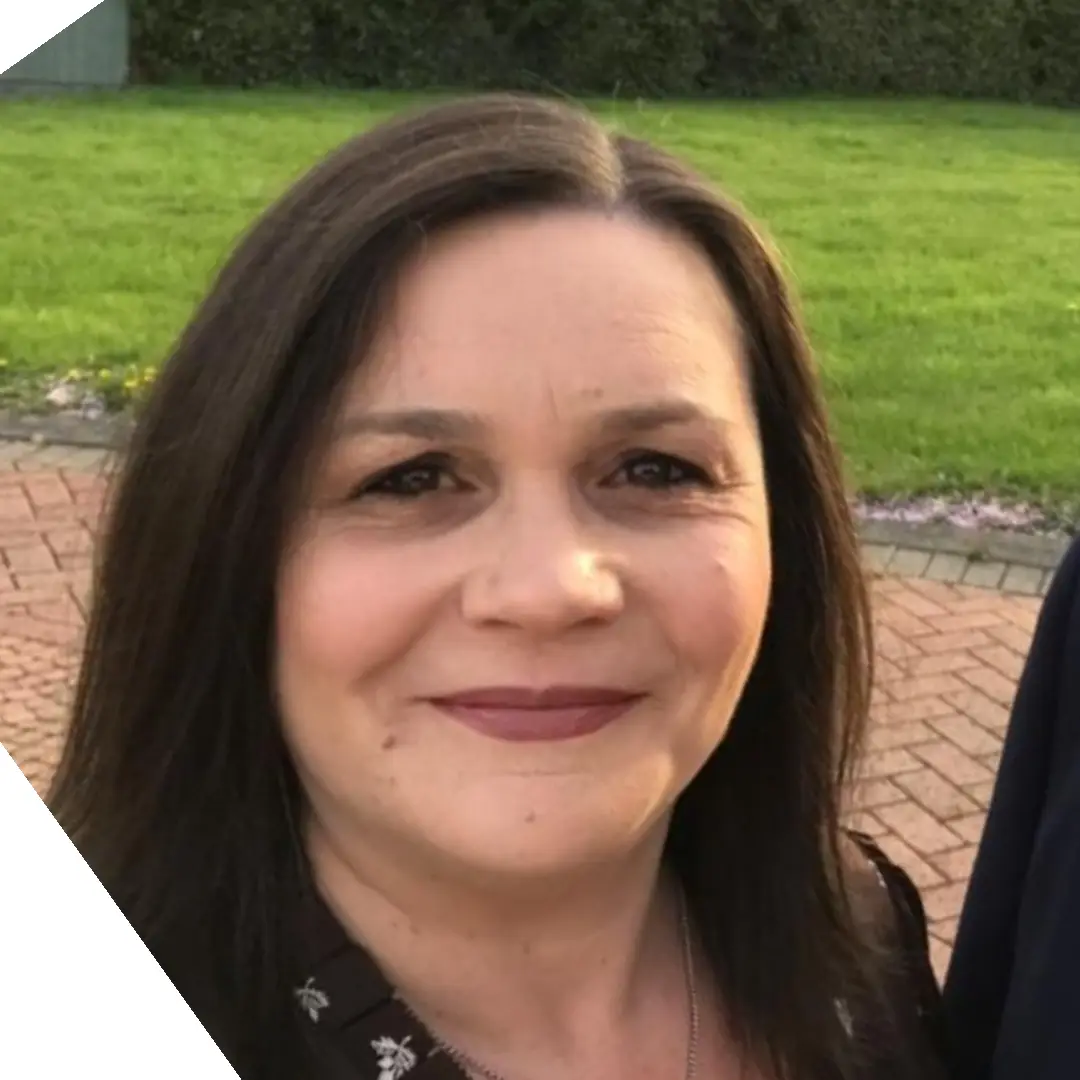dyscalculia assessments
Intervention by a qualified maths expert makes an enormous difference to the progress a dyscalculic learner can make.
UK Definition of Dyscalculia (BDA/SASC 2019)
“Mathematics difficulties are best thought of as a continuum, not a distinct category, and they have many causal factors. Dyscalculia falls at one end of the spectrum and will be distinguishable from other mathematics issues due to the severity of difficulties with number sense, including subitising, symbolic and non-symbolic magnitude comparison, and ordering.” Read more.
Do you or your child have mathematical learning difficulties?
Have a poor sense of number and estimation. Difficulties when counting backwards. Struggle to remember ‘basic’ facts and equations. Slow to perform calculations. High levels of maths anxiety. Weak mental arithmetic skills. Have no sense of whether any answers that are obtained are right or nearly right.
Determine mathematical challenges and identify strategies to overcome them
Founder Marijke Walters not only assesses individuals for Dyscalculia, she can also assess for Dyspraxia (Age 16+) and can investigate ADHD. Her extensive expertise in the subject matter ensures that any recommendation is tailored to the best practices that align with your or your child’s specific learning difficulties and neurodiversity.

understand 'why?'
People who were labelled 'stupid' in previous generations are now starting to access the support they need.
Many individuals struggle with mathematics, but this may not always be attributed to dyscalculia. Their maths difficulties can arise as a consequence of other neurodiversities or Specific Learning Difficulties (SpLDs), gaps in education, lack of high quality maths teaching in school or the impact of longer disruptions such as those experienced during the Covid pandemic. Only through assessments and screening can you accurately determine the root cause of the challenges.
Dyscalculia Assessment: Personalised Diagnosis and Support
Personalised insights in dyscalculia or other maths learning difficulties for enhanced understanding and guidance.
A comprehensive diagnostic assessment for dyscalculia is presently only available through in-person sessions. When conducted by an individual holding an Assessment Practicing Certificate (APC) such as Marijke, the resulting diagnostic report holds lifelong validity and qualifies for university support, such as the Disability Support Allowance (DSA).
A level 7 dyscalculia assessment entails a thorough and meticulous investigation utilising standardised psychometric and mathematics assessments.
The process commences with the completion of a questionnaire by parents (for individuals under 18), the individual being assessed (if over 18), the school, or the workplace. This information, along with prior diagnostic assessment data, is meticulously analysed prior to the assessment day. The assessment typically spans approximately five hours and delves into areas such as ability, working memory, processing, mathematics, and certain aspects of literacy. The primary objective of this exhaustive investigation is to pinpoint the specific causes of mathematical difficulties, enabling the formulation of personalised and in-depth recommendations and furnishing evidence for a dyscalculia diagnosis or other underlying issues.
Contrary to conventional testing formats where respondents simply answer questions, this assessment incorporates interactive elements such as discussions and hands-on activities utilising mathematical manipulatives such as coins, dice, cubes, and number lines. Tasks may include counting and basic arithmetic operations. The emphasis lies not on mathematical proficiency but on understanding how the brain operates during mathematical tasks. This approach enables the provision of tailored support and aims to bolster confidence rather than diminish it.

common questions
When we or our children struggle with maths we often feel unsure of what to do and where to turn.
Understanding and navigating the complexities of dyscalculia can be daunting. In our FAQs we address common questions and provide clarity on various aspects of dyscalculia, empowering individuals and families with knowledge to better understand and manage this specific learning difficulty.

Testimonials


